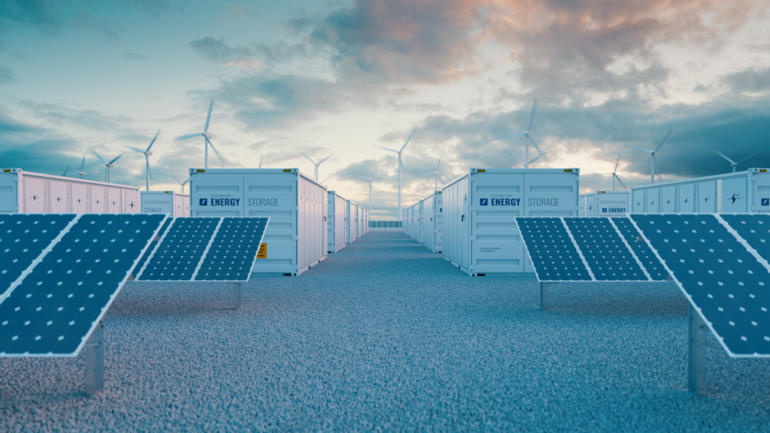San Francisco, June 1 2016 - Forward-thinking businesses are partnering with the World Business Council for Sustainable Development (WBCSD), Roundtable for Sustainable Biomaterials (RSB) and Sustainable Energy for All (SE4ALL) through a new global initiative called below50, to promote the best-of-breed of sustainable fuels that can achieve significant carbon reductions, and scale up their development and use.
A key outcome of the Low Carbon Technology Partnerships initiative (LCTPi) , below50 is a game-changing collaboration designed to grow a global corporate market for the best-of-breed sustainable low-carbon transport fuels (LCTFs).
Any company who produces, uses and/or invests in fuels that are at least 50% less carbon intensive than conventional fossil fuels can join below50. Companies must publicly commit to the campaign, show evidence that supports their claim, and disclose their progress towards achieving this goal.
The initiative was launched today at the LCTPi5 global roundtable in San Francisco. The companies and organizations driving the initiative include ABBI, Arizona State University, Audi, CGEE, Copersucar, DSM, DuPont, GranBio, the International Energy Agency (IEA), SkyNRG, Joule Unlimited, LanzaTech, LCFC, Novozymes, Pannonia, Poet, Red Rock Biofuels, RSB, SE4ALL and Yale University.
“We’re on the cusp of a clean energy future,” states Peter Bakker, President and CEO of WBCSD. “Below50 is accelerating that shift by scaling up the global market for sustainable fuels – it’s a huge growth opportunity that is expected to reach $185 billion over the next five years. Below50 brings together companies and organizations from around the world to help realize the ambition set in Paris at COP21, and in doing so, to unlock the economic benefits of the new low-carbon economy.”
The collaboration is designed to increase the number of companies using below50 fuels and demonstrate that these fuels make both good business and environmental sense. The campaign will centralize resources and dialogue; produce a go-to resource for regulators and policymakers; create a marketplace for companies across the supply chain; and host regional road shows to engage financers, policymakers and companies, as well as explore how to regionally scale sustainable fuel technology.
“The below50 campaign is a great example of a cross-sectoral business platform to drive growth and commercialization of sustainable technologies for low carbon transportation fuels, together with investors and policy-makers,” said Rob van Leen, Chief Innovation Officer of Royal DSM. “DSM recognizes that the complexity of the issues is too big for any one party to tackle alone. These types of partnerships are a necessity to drive societal change.”
“With the critical need to decarbonize the transport sector immediately to meet global climate change mitigation goals, we need initiatives like below50 that engage breakthrough sustainable mobility technology companies and large public & private sector institutions to accelerate scale up and impact,” said Brian Baynes, CEO of Joule Unlimited.
The companies that adapt and work to mitigate climate change will be the ones to thrive in the emerging low-carbon economy. A 2°C world requires deploying all the available technologies that substantially reduce greenhouse gas emissions; and with only 3-percent of current transportation fuels considered to be low-carbon(International Energy Agency, 2015. “Energy Technology Perspectives 2015), below50 offers an untapped market opportunity for businesses seeking to flourish in a low-carbon economy.
“A 2 degree rise in temperature is closer than we think. We have to be smarter than the problem. below50 is a way we can aggressively move towards a low carbon future. Together, we must act now and ignore all calls to inaction,” said Jennifer Holmgren, CEO of Lanzatech.
Below50 is working closely with world renowned sustainability standards to ensure that key sustainability parameters (for example related to water, land use and food security) are integrated into the below50 admission criteria.
From investors to growers, producers, blenders and consumers, this initiative expects to attract every industry sector involved in the pipeline of sustainable fuels.








